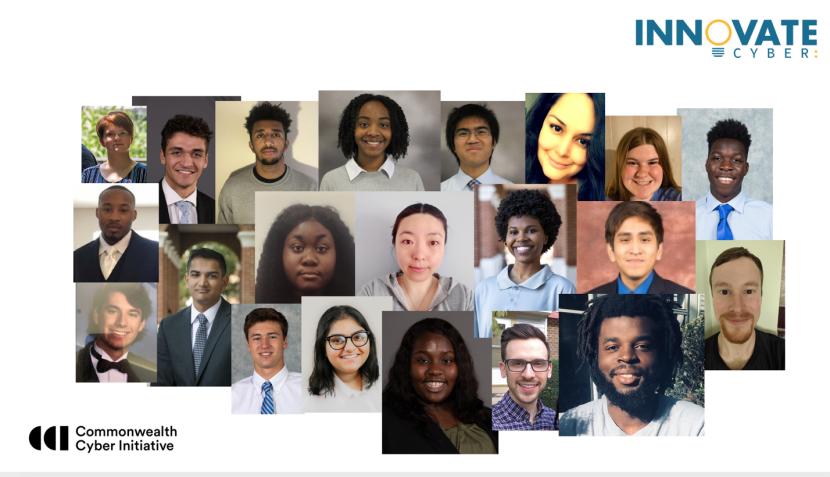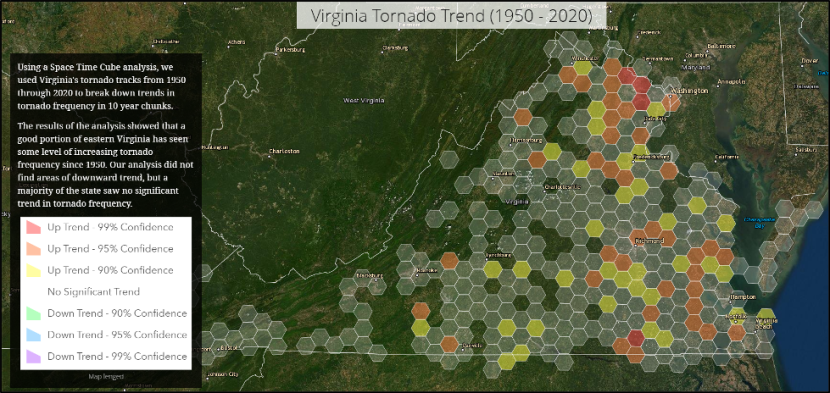By Keith Pierce
Research reviewing victimization reports by Brian Payne, vice provost for academic affairs and professor of criminology in the Department of Sociology and Criminal Justice at Old Dominion University, reveals significant changes in fraud patterns in the first quarter of 2020 in comparison to fraud patterns found in the same timeframes since 2016. The study, "Criminals Work from Home During Pandemics Too: A Public Health Approach to Respond to Fraud and Crimes Against Those 50 and Above," will be published in the next issue of the American Journal of Criminal Justice.
Payne, who is also director of the Coastal Virginia Center for Cyber Innovation, explored the fraud patterns and other crimes targeting older persons through a public health lens. Reviewing data from the Federal Trade Commission, key findings from the study include:
- Though they make up a third of the U.S. population, half of all fraud complaints made in the first three months of 2020 were made by those 50 or older. The number of fraud complaints targeting older adults between Q1 2019 and Q1 2020 dropped, but the amount lost to fraud increased dramatically. Fraud patterns changed as well.
- The amount reported lost to fraud among those 80 and older doubled in the first three months of 2020 as compared to the first three months of 2019 ($23 million versus $11 million). While increases were found in all age groups, those the amounts were higher for those in their fifties (about 50%), sixties (about 50%), and seventies (about 43%)
- Complaints about imposter businesses, fraudulent text messages, online shopping complaints, counterfeit checks and romance scams increased by more than 10% in the first three months of 2020 in comparison to the same timeframe in prior years. Older persons were more likely than younger persons to report being targeted for certain types of cybercrime (i.e., tech support scams).
- Four types of coronavirus frauds surfaced that tended to target older adults: grandparent scams, medical fraud, Social Security Administration frauds and personal care fraud.
Payne also explored shifts in domestic violence, elder abuse and crimes in nursing homes that would be expected to occur given the social distancing practices. He noted that the risk factors for these offenses increased during COVID-19 because of the practices required to limit the spread of the disease.
"The study draws attention to the double-edged sword of technology," Payne said. "On the one hand, technology provided opportunities to cope with the social distancing mandates. On the other, it provided new opportunities for crime and victimization."
Payne's findings call for a public health approach to respond to these crimes.
"Just as public health experts note that disease exists anywhere humans live, it must also be noted that crime occurs in all places - including in individuals' homes," he said.
Payne pointed out the scientific basis of the public health approach, its collaborative foundations and its focus on multiple types of harm justify using the approach to respond to crimes against older persons.







